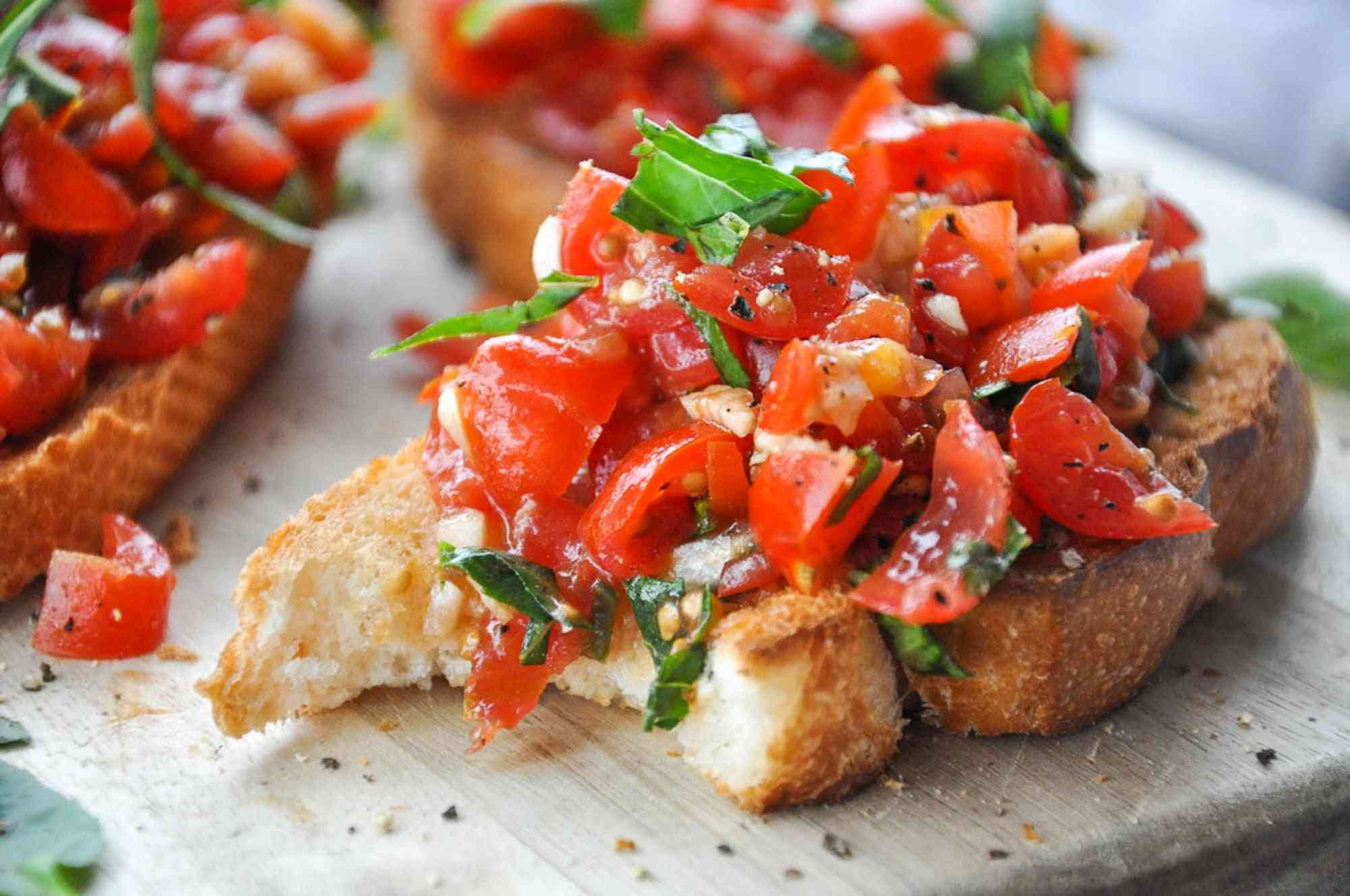
ITALIAN cuisine has long been revered for its rich flavours, aromas, and bold flavours, but its influence on modern day food culture goes far beyond its own borders.
From pasta and pizza to gelato and espresso, Italian food has had a profound impact on the way we eat and cook today. In this article, we will explore the history of Italian cuisine and its lasting impact on modern food norms.
The roots of Italian cuisine
Italian cuisine has its roots in the Mediterranean diet, which emphasises whole grains, fresh vegetables, fruits, and healthy fats.
The country's unique geography and climate have also played a significant role in shaping its culinary identity.
The Apennine Mountains and the Mediterranean Sea have created a distinct regional identity, with different ingredients and cooking techniques emerging in different parts of the country.
The rise of Italian food in the world Italian food gained international recognition in the mid-20th century, particularly with the opening of Italian restaurants in the United States.
The first Italian restaurant in the United States was opened by Italian immigrants in New York City's Little Italy in 1887. This marked the beginning of a culinary revolution that would change the way people eat and cook around the world.
- The flavourful legacy of Italian food
Keep Reading
Influence on modern day foods
Italian cuisine has had a profound impact on modern day food norms. Its emphasis on fresh, high-quality ingredients and traditional cooking techniques has influenced the way people cook at home and in restaurants.
The rise of Italian food has also led to a greater appreciation for other Mediterranean cuisines, such as Greek, Spanish, and French cuisine.
The iconic dish
Pasta is perhaps Italy's most iconic dish and has had a significant impact on modern day food norms. The popularity of pasta dishes like spaghetti Bolognese and fettuccine Alfredo has led to a global obsession with this versatile ingredient. Pasta has also become a staple in many cuisines around the world, with variations like pad Thai and pasta carbonara becoming popular globally.
The Birthplace of global fast food
Pizza is another iconic Italian dish that has had a lasting impact on modern day food norms. Its popularity began in Naples, Italy in the late 18th century and quickly spread throughout the world.
Today, pizza is enjoyed globally, with countless variations and toppings available.
The sweet treat that won hearts
Gelato is Italy's version of ice cream and has become a popular treat around the world. Its creamy texture and rich flavours have won hearts globally, with gelato shops popping up in cities worldwide.
The energy boost
Espresso is Italy's national coffee drink and has become a staple in many cultures around the world. Its strong flavour and energising effects have made it a popular choice for coffee lovers everywhere.
Other Italian delights Italy is also famous for its other culinary delights, such as:
Cannoli: Fried pastry shells filled with sweetened ricotta cheese
Tiramisu: Ladyfingers soaked in coffee and liqueur, layered with mascarpone cheese
Risotto: Creamy rice dish often flavoured with seafood or mushrooms
Polenta: Cornmeal porridge often served as a side dish or used as a base for other dishes
Prosciutto: Cured ham often served as an antipasto or used in salads
Two delicious recipes to try
Spaghetti carbonara
Ingredients
12 oz spaghetti
4 oz ham steak
1 cup frozen peas
2 eggs
2 tablespoons butter
Salt and pepper to taste
Grated Parmesan cheese (optional)
Instructions
Bring a large pot of salted water to a boil and cook spaghetti until al dente.
In a pan, sauté diced ham steak with butter until crispy.
Add frozen peas to the pan and cook until thawed.
In a bowl, whisk together eggs, salt, and pepper.
Add cooked spaghetti to the bowl with eggs and toss until well coated.
Add ham steak mixture to spaghetti mixture and toss until combined.
Serve hot, topped with grated Parmesan cheese if desired.
Bruschetta with fresh tomato salsa
Ingredients
4-6 ripe tomatoes
1 baguette
1/4 cup olive oil
Salt and pepper to taste
1/4 cup fresh basil leaves
1/4 cup mozzarella cheese (optional)
Instructions
Preheat oven to 400°F (200°C).
Slice baguette into thin slices and place on baking sheet.
Drizzle olive oil over bread slices.
In a bowl, chop fresh tomatoes into small pieces.
Add salt, pepper, basil leaves, and mozzarella cheese (if using)to tomato mixture.
Spoon tomato mixture over bread slices.
Bake for 10-15 minutes or until bread is toasted.
Serve hot.
Conclusion
In conclusion, Italian food has had a profound impact on modern day food norms. From pasta to pizza to gelato, Italy's culinary heritage has shaped the way we eat and cook today.
Its emphasis on fresh ingredients, traditional cooking techniques, and bold flavours has influenced cuisines around the world.
Whether you are a foodie or just looking for new recipes to try, Italian cuisine is sure to delight your taste buds.
Additional tips
When cooking with pasta, always use high-quality ingredients like fresh vegetables and good-quality olive oil.
Experiment with different types of pasta shapes to find your favourite.
Do not be afraid to add your own twist to classic Italian recipes.
Keep an eye out for local farmers' markets or specialty stores
that sell authentic Italian ingredients.
Consider taking an Italian cooking class to learn new techniques and recipes.
- Muzamhindo is a young chef with seven years’ experience in a professional kitchen and has enjoyed the concept of food since the tender age of two. She studied at the South African Chefs Academy in Cape Town and the Culinary Arts Academy in Zimbabwe to become a level three advanced chef. Her specialties range from indigenous ingredients to fine dining, gourmet food, food health and safety and food research and development. — ruwarashemuzamhindo@gmail.com.










